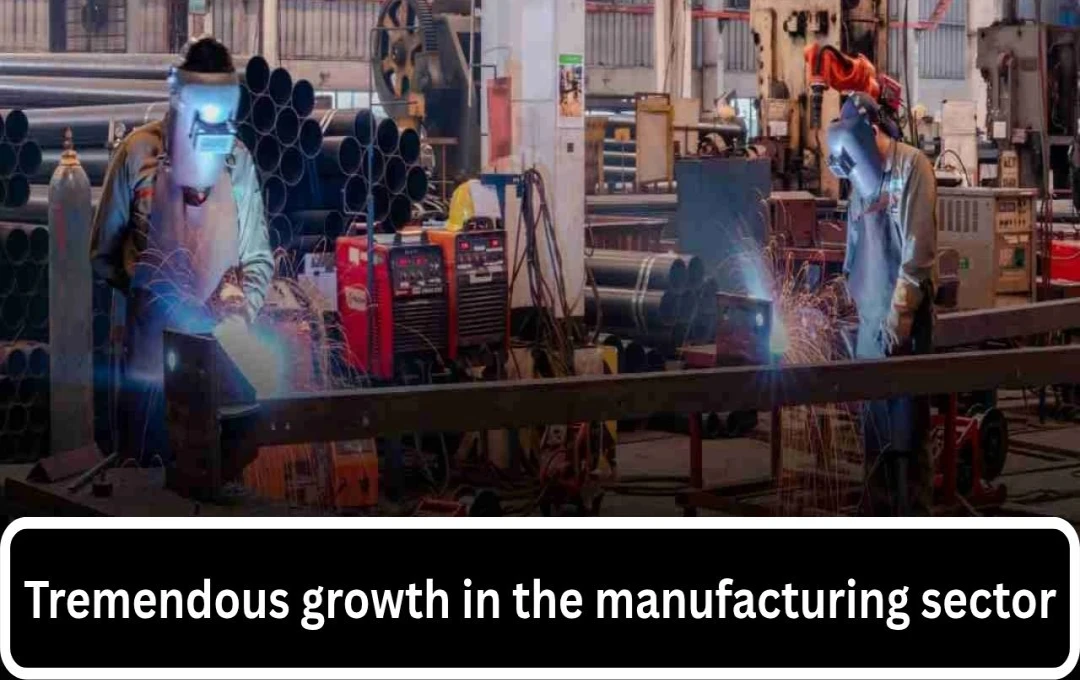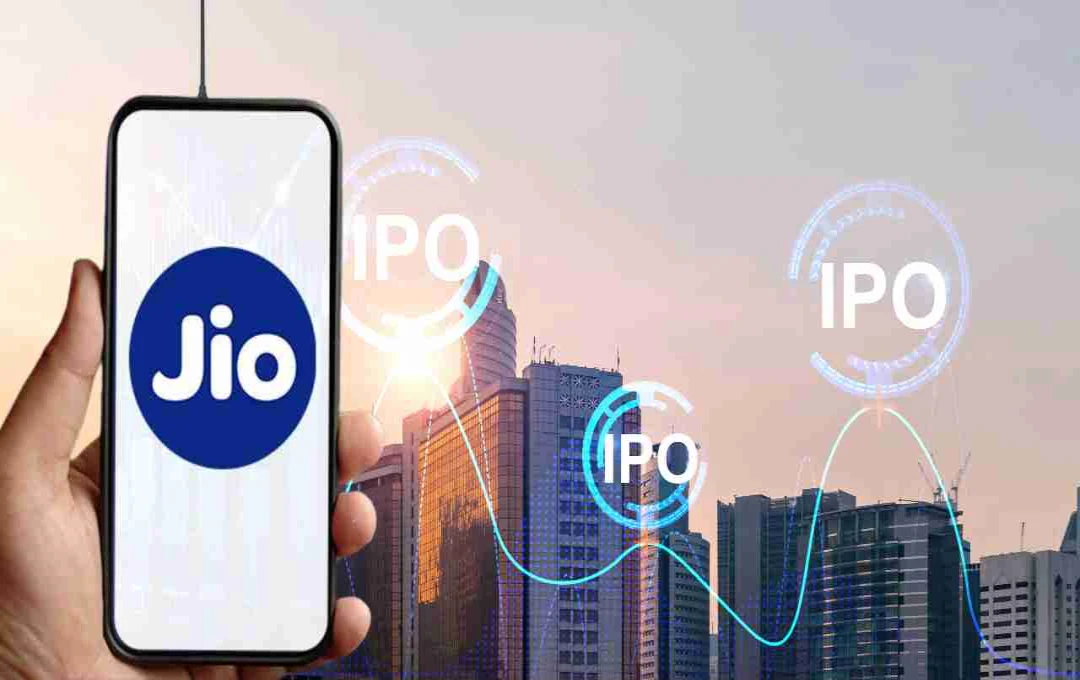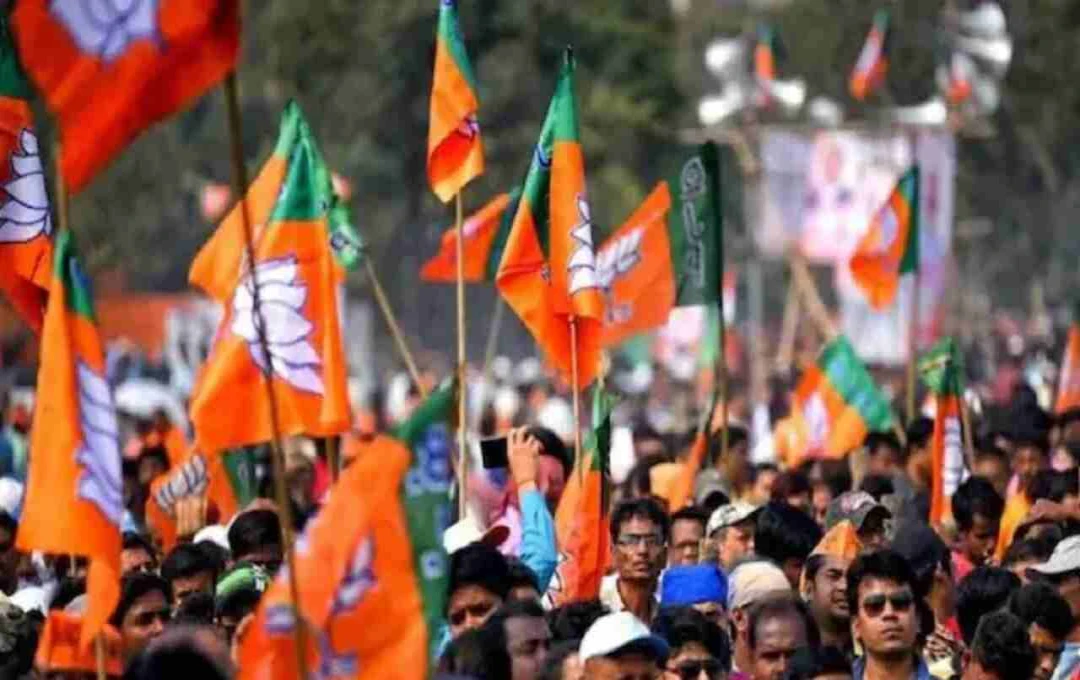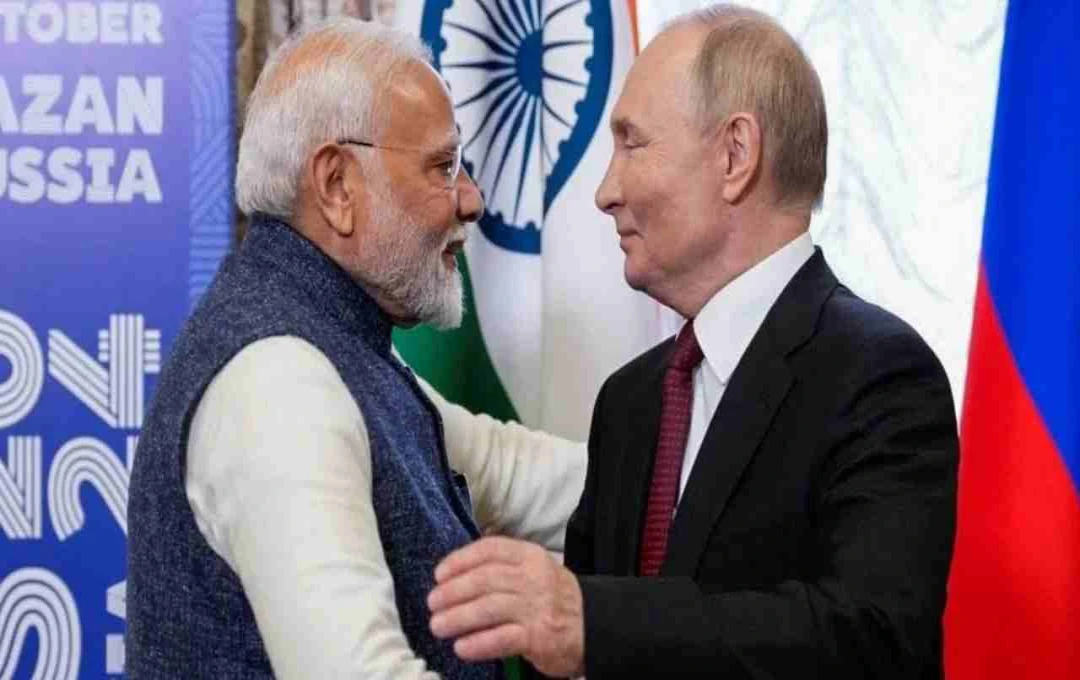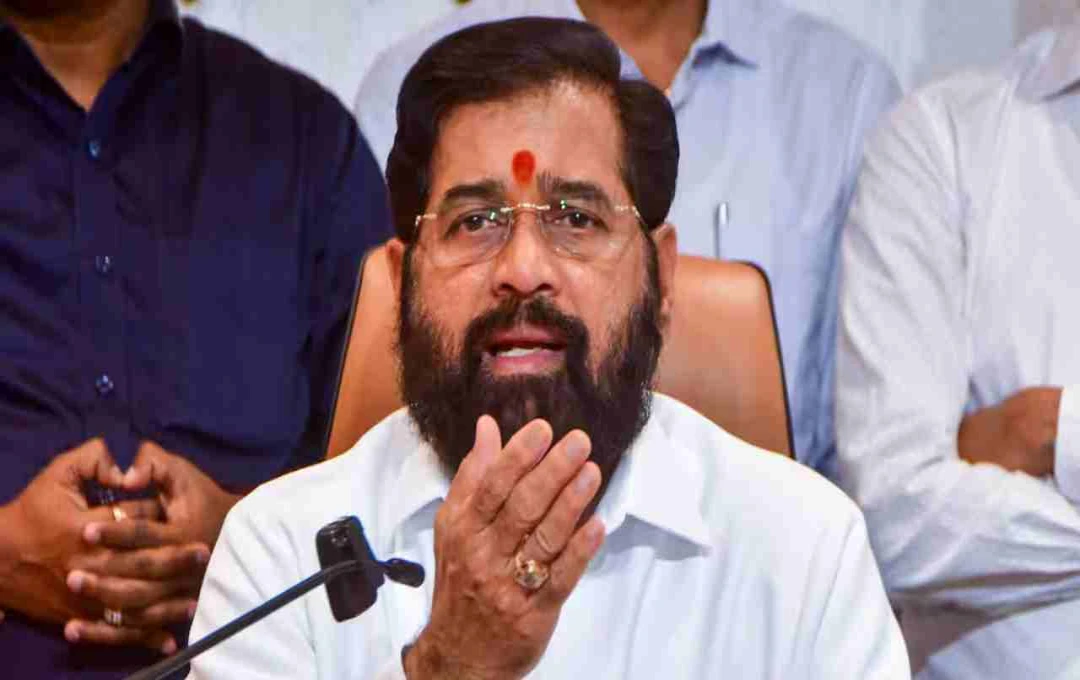The HSBC India Manufacturing Purchasing Managers' Index (PMI) rose to 59.1 in July, up from 58.4 in June. This figure marks a 16-month high. This is the first time since March 2024 that such strength has been seen in the manufacturing sector.
Figure Above 50 Indicates Growth
A PMI above 50 indicates expansion in economic activity, while a level below 50 indicates decline or contraction. The PMI has remained above 58 for two consecutive months, making it clear that the country's manufacturing sector is advancing bly.
Fastest Sales Growth in Five Years
The HSBC survey indicates that total sales in July saw the fastest growth in the past five years. This suggests a significant improvement in customer demand, with companies receiving a steady stream of orders. This is the reason why production increased and factory activities accelerated.
Strong Increase in New Order Book and Production
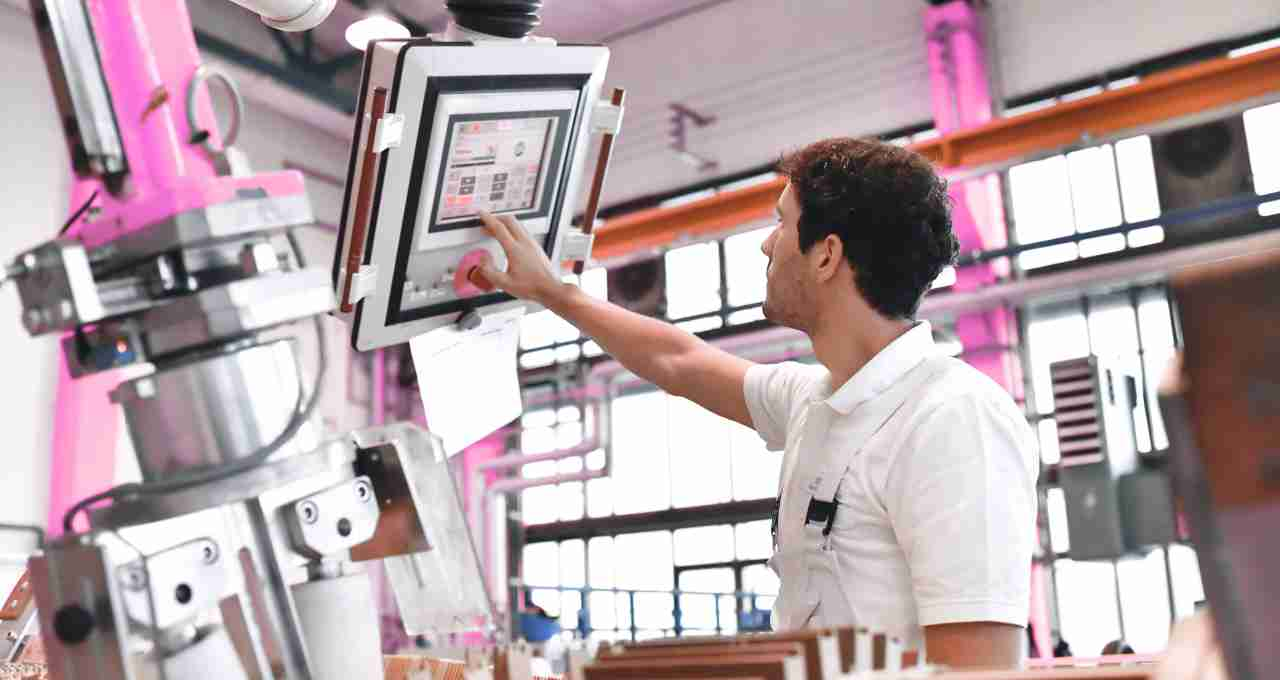
According to the HSBC report, companies saw a good increase in the number of new orders in July. Companies also worked rapidly on the production front. This is the reason why the PMI index level increased to 59.1 this month. This increase is attributed to b demand, both domestic and global.
Activity in Demand for Laborers
Even though the pace of production and orders has increased, there has not been a very large change in employment yet. Companies recruited workers in necessary places, but large-scale job growth was not recorded. According to the report, some companies also deployed additional staff due to increased workload.
Sharp Increase in Raw Material Costs
The report also paid special attention to the cost side. In the month of July, the prices of commodities like aluminum, rubber, leather, and steel increased. This increased the pressure on input costs, i.e., the cost of raw materials. Companies transferred this increasing cost to customers and increased the prices of their products.
Increase in Product Prices Too

As costs increased, companies also raised the prices of their goods. Because of this, a slight increase in prices was also seen at the retail level in July. However, customers seemed willing to accept this increased price, as there was no significant drop in demand.
Report Based on Answers From 400 Companies
The HSBC India Manufacturing PMI report is prepared by S&P Global. For this, survey forms are sent to approximately 400 manufacturing companies across the country, and the index is prepared based on their responses. These questions seek information related to production, orders, staffing, prices, and future outlook.
Good Growth Despite Global Uncertainties
This acceleration is being seen at a time when economic conditions in the global market are not entirely stable. There are whispers of economic slowdown in many parts of the world, but India's manufacturing sector does not seem to be affected by it at the moment. The effect of b demand in the domestic market and government policies is clearly visible here.
Impact of Government Schemes As Well
Experts believe that this strength in the manufacturing sector is an effect of initiatives like Atmanirbhar Bharat (Self-Reliant India), the PLI scheme (Production Linked Incentive scheme), and 'Make in India.' Companies have expanded their production plants and increased the use of technology, which has accelerated the pace of work.
